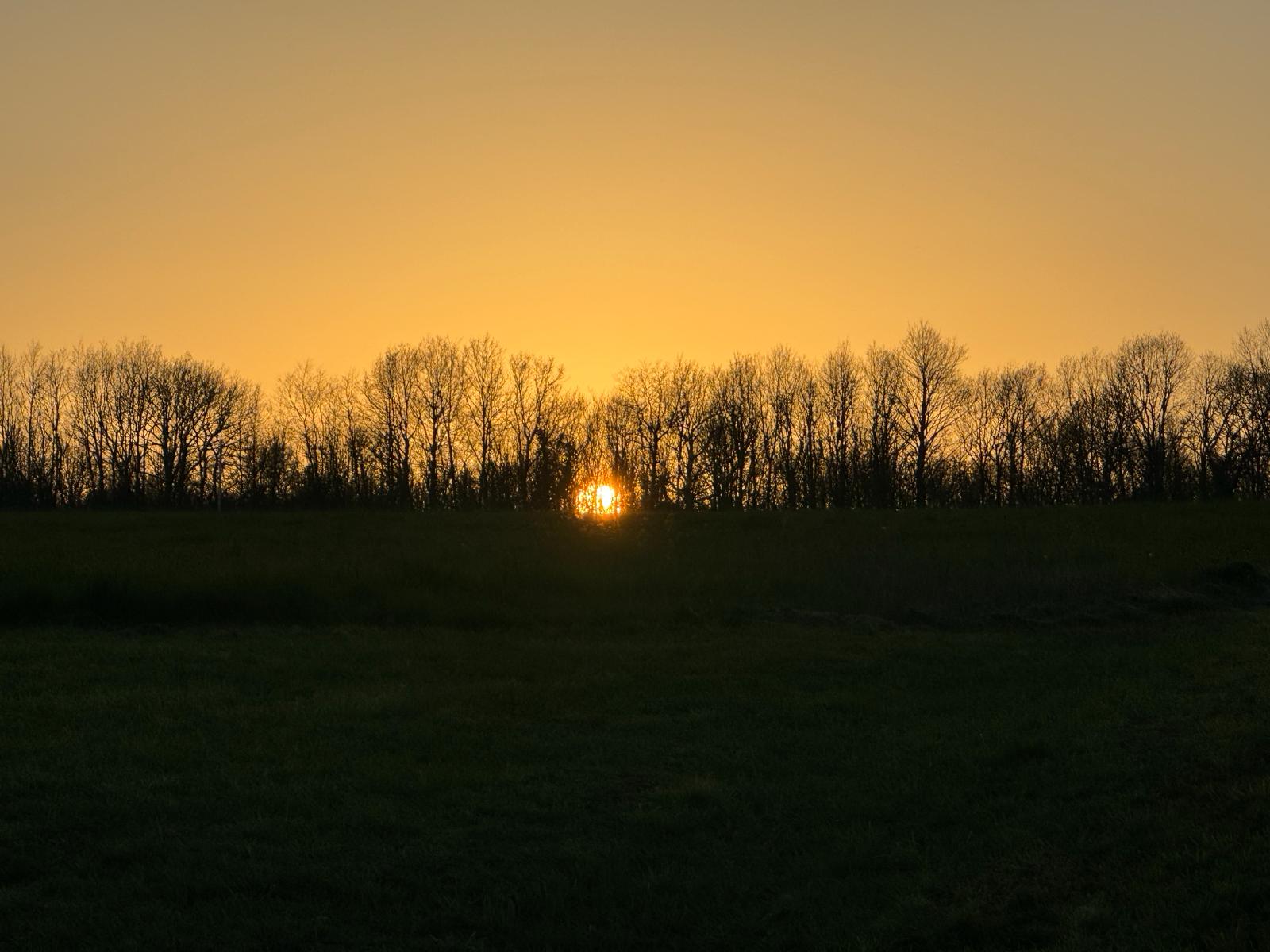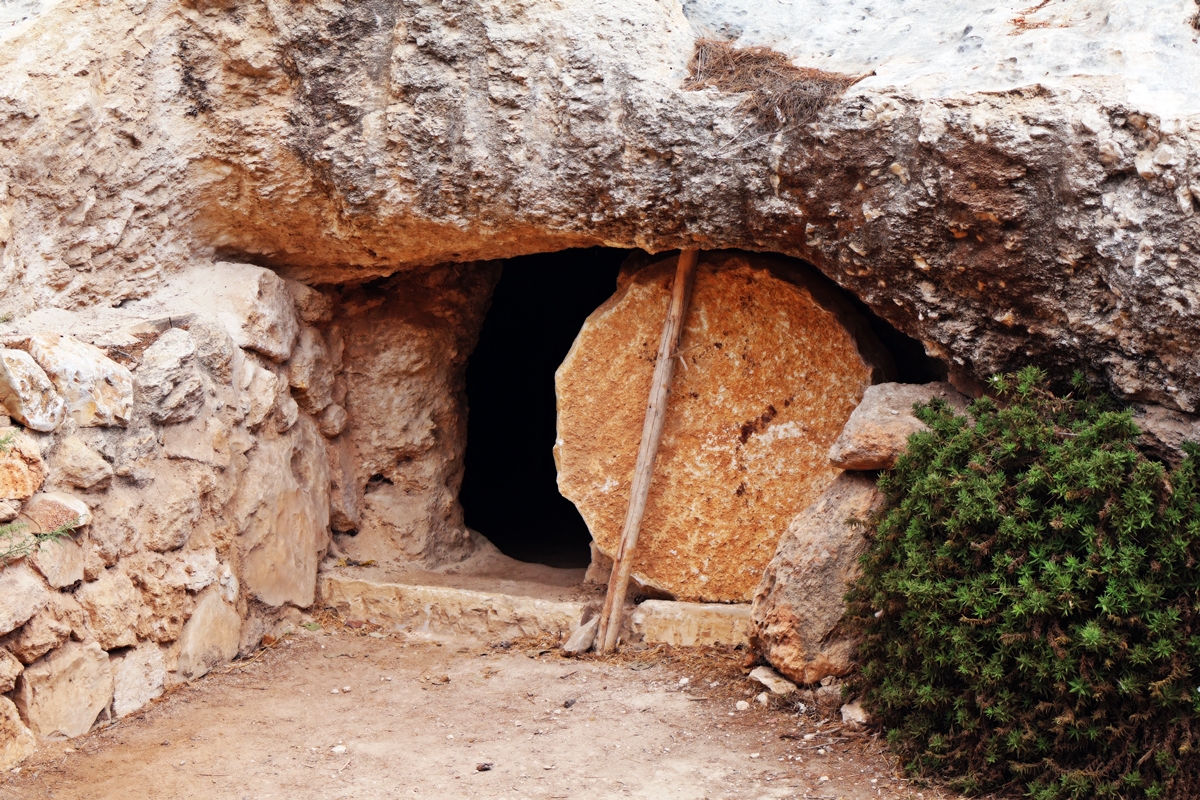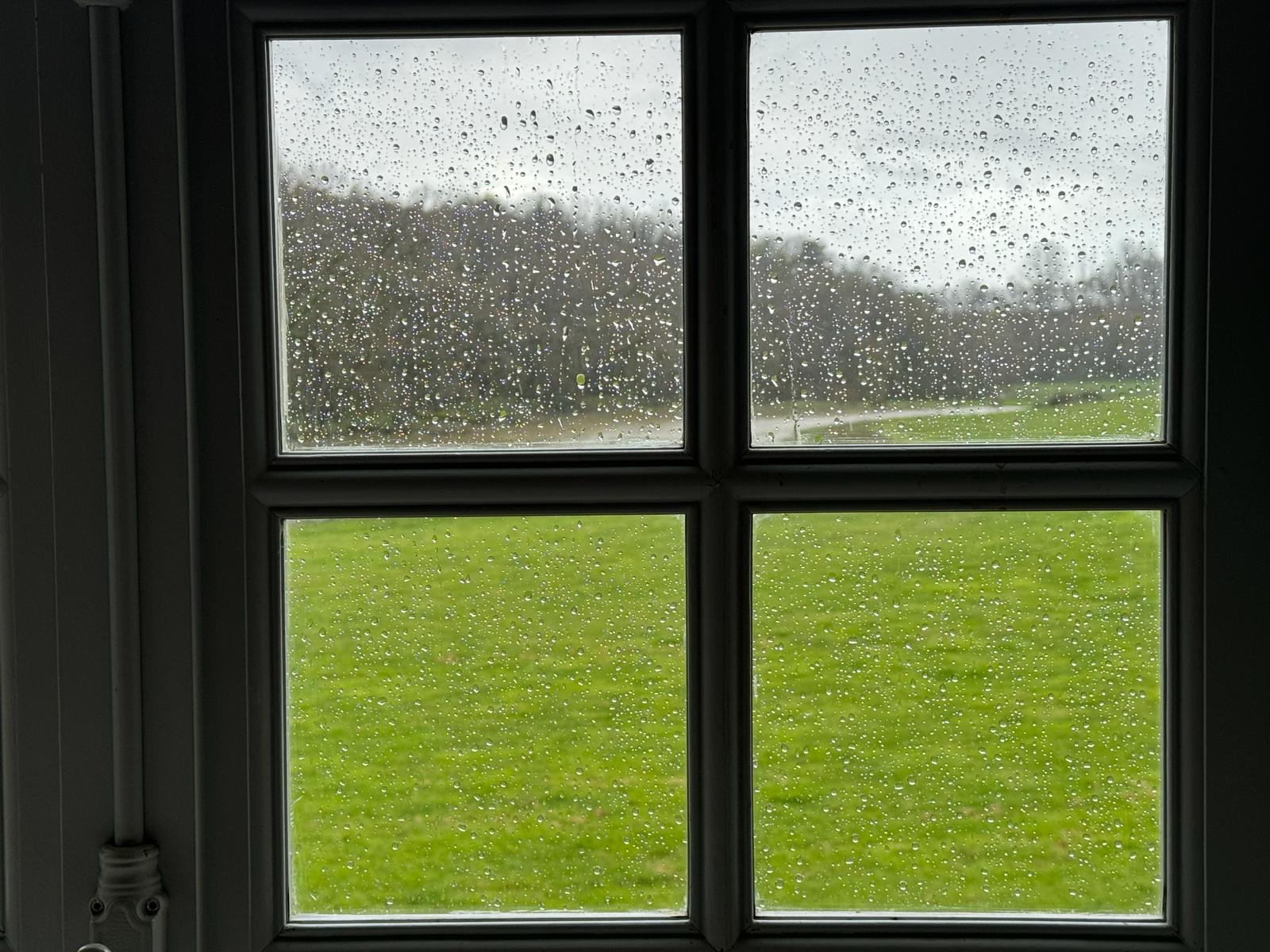

It is said that it takes us some time after the moment of death to realise and accept that we really are dead. Perhaps we understand that our consciousness is still operating after some momentary lapse but in a different medium. Or perhaps the problem is that it only slowly dawns on us – though it is hard to grasp how – that death is not what we thought it meant. So if we are dead it’s a different way of being dead than we had imagined before we died. Is death really not extinction, then? Just a transition? And if so what is it a transition to?
We can’t say what happens. Therefore, if we want to deepen the meaning of our experience, it is best to focus on this life evolving rather than on a second life beginning. Before Jesus raised Lazarus from the dead the people ridiculed him. All the elements of death were there, the grief, the disruption of normality and the physicality of the absence. Yet Jesus walks into all this with his own tears for one he loved and reaches out his love into the unknown and restores what was dead to life.
If this is physically true or if it is a parable with a meaning, either way what does it tell us? It won’t tell us anything significant unless we connect to our own deaths. Not the death of the last breath but the deaths of loss, disappointment or physical and emotional affliction that puts us out of the reach of others. If we can remember these experience of death – or even those moments where we really let go of our thoughts, images and emotions and became poor in spirit then we may see a thread of luminous clarity running through the darkness. That thread begins to glow with a new force and brilliance until we see past and future in completely new ways.
The tragedies of life and the mundane practices of daily meditation and Lenten disciplines contain the same truth – the hand of love reaching into us when we feel most finished.
Laurence Freeman OSB
Listen to the Lent Daily Reflections Podcast HERE





